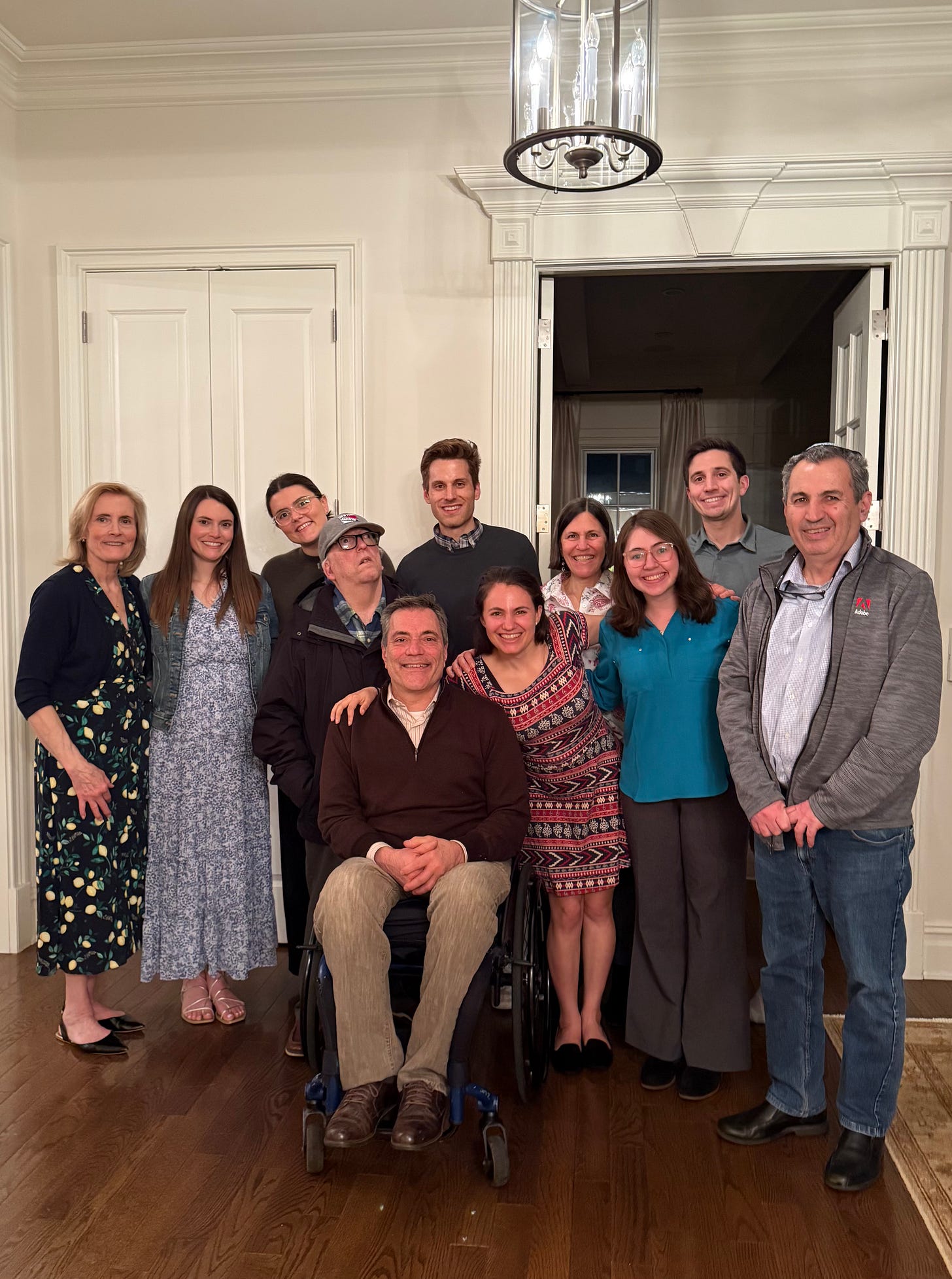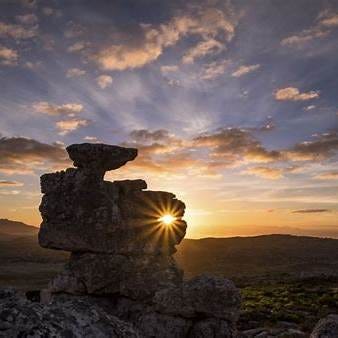I’ve spent the past few days reflecting, as I often do when the calendar turns. But this isn’t the kind marked by fireworks or champagne. It’s not even the Jewish New Year, not really. That one comes in the spring with Passover, when the story of the Exodus begins.
What we just observed is something different: the anniversary of Creation. If you take it literally, that makes the world 5,786 years old, not much older than the pyramids. Most of us don’t dwell on that math. The point isn’t carbon dating. The point is that each year, no matter what you call it, gives us another chance to begin anew.
At the core of this season is the concept of teshuvah. It’s often translated as repentance, but it truly means turning back — back to what matters, back to each other, and back to the parts of ourselves we’ve let slip away. It isn’t a single vow; it’s a rhythm. Life pulls us off course, and teshuvah is the practice of steering back. Not flawlessly, not once and for all, but as an ongoing effort. And it isn’t just personal. It is communal too. Families, communities, and even nations can choose to turn back toward one another after being torn apart.
Rachel Goldberg-Polin pairs teshuvah with another word: mashber. On the surface, it means crisis, collapse, breakdown. And that feels familiar in our politics, in our headlines, in the rising costs of daily life, and in our private struggles. But in its biblical sense, mashber meant something else: a birthing stool, the painful place where new life pushes its way into the world. That is the tension we live with. What feels like an ending can also be a beginning. Sometimes the collapse is what prepares us for renewal.
I have lived that tension. After my accident, life as I knew it ended in an instant. It was a collapse, so complete that I doubted anything could be rebuilt. But slowly, through pain and perseverance, something new began to form. Fatherhood was transformed. A business was built from the ground up. Sports returned differently. It was not easy or predictable. It was messy, uncertain, and unfinished. But it was real. And it was life reborn.
Together, teshuvah and mashber embody a universal truth. A crisis is when things break, yes, but it is also when new life becomes possible. And it is through turning back, repairing, and recommitting that we shape that new life.
Every relationship, family, and organization is tested. We all know what it feels like to hit a wall, to hear the crack, and to wonder if what crumbles can ever be rebuilt. The question isn’t whether those moments will come, because they always do. The real question is how we respond when they arrive.
Do we see only wreckage? Or can we hold onto the possibility that something new is emerging, and that our role is to return, repair, and recommit— not perfectly, but with intention?
That’s what this season reminds me of. Beginnings don’t wait for January. They don’t need countdowns or confetti. They hide inside the very crises we’d rather avoid, waiting for us to gather the pieces and start again.
So maybe the true “new year” isn’t on the calendar at all. Perhaps it begins in those unavoidable moments when collapse leaves us no choice but to return, repair, and recommit. We do it patiently, we do it haltingly, but we do it with purpose.




Love the photo and the message of rebirth. Let’s hope we find a way in our country that’s so divided.